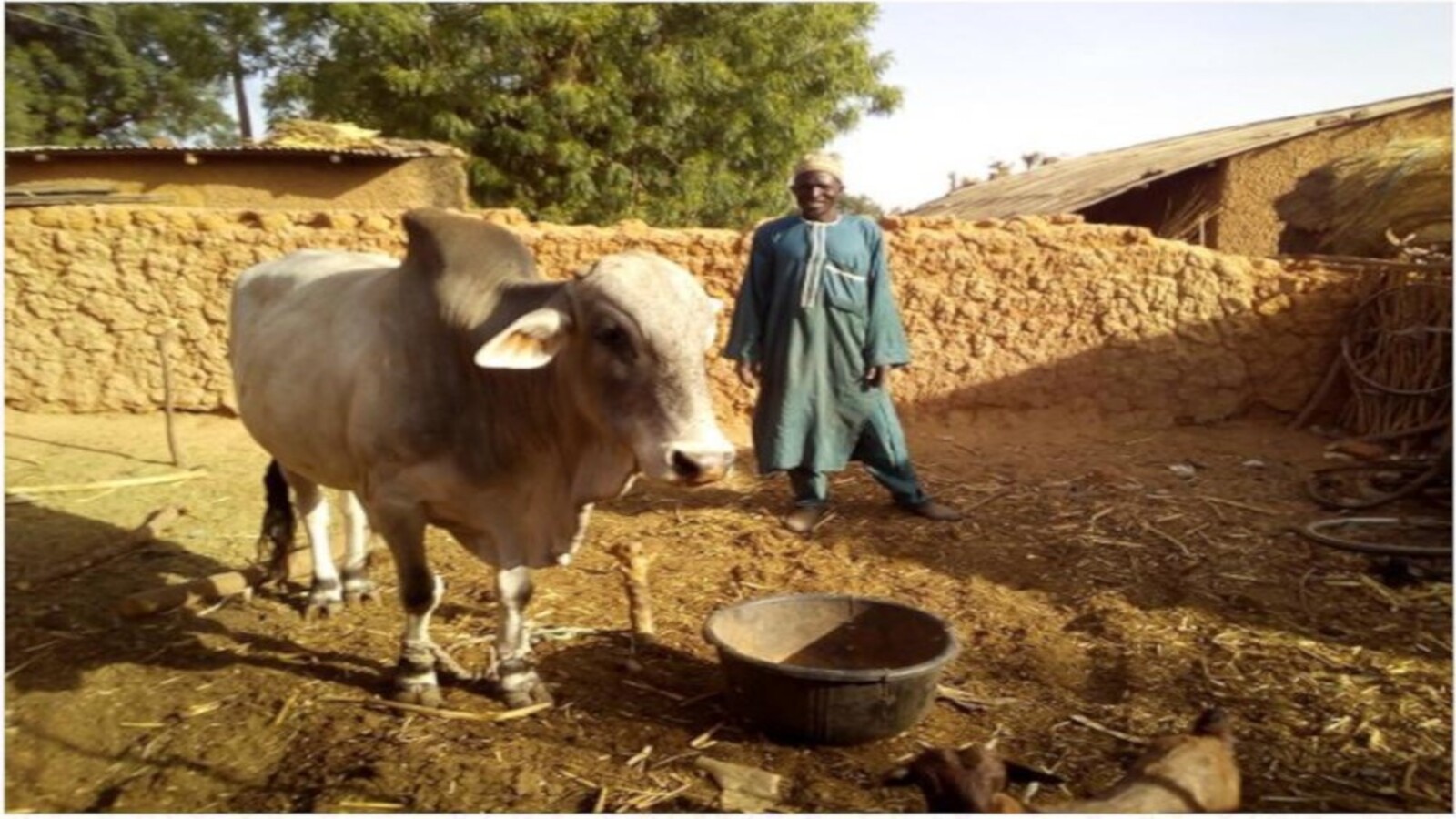About the Project:
The USAID Feed the Future Nigeria Livelihoods Project, implemented by Diamond Development Initiatives (DDI) as a sub-recipient of Catholic Relief Services (CRS), focused on rural communities in the North Western states of Kebbi and Sokoto and the Federal Capital Territory (FCT), along with the North Eastern States of Borno, Yobe, and Adamawa. This multi-sector approach aimed to support very poor households by enhancing agricultural production, increasing incomes, and improving child nutrition. Seven main commodity crops, including rice, sorghum, soybean, groundnut, cowpea, maize, and millet, were central to the project’s strategy. The project covered diverse LGAs, ensuring a comprehensive impact.
The Role of DDI:
DDI played a pivotal role as the implementer of the USAID Feed the Future Nigeria Livelihoods Project. Operating as a sub-recipient of CRS, DDI orchestrated the formation of producer groups, implemented sustainable land reclamation in Sokoto State, and significantly increased crop yields in targeted areas. Through extensive training programs, support for marketing committees, and establishment of demonstration farms, DDI actively contributed to the project’s success.
Milestone Achievement:
The project achieved numerous significant milestones, including the formation of 965 producer groups in the North West and 562 in the North East. Noteworthy outcomes encompassed the successful reclamation of degraded land, a 60% increase in crop yield per unit of land, and the establishment of 60 marketing committees with substantial sales volumes. DDI’s training initiatives, community seed production, and support for livelihood clubs demonstrated the project’s wide-ranging impact.
Impact on Communities:
The USAID Feed the Future Nigeria Livelihoods Project had a transformative impact on communities. Through the establishment of producer groups, training programs, and sustainable agricultural practices, the project empowered over 52,000 households and nearly 36,000 farmers. Enhanced crop yields, improved post-harvest handling techniques, and the introduction of new technologies positively influenced livelihoods. The project’s comprehensive approach fostered sustainable agricultural practices and contributed to the economic well-being of targeted communities.
Project Highlights:
- Number of Value Chains: 7
- Number of States Covered: 6
- Number of Households Assisted: 52,000
- Number of Producer Groups Assisted: 1,527
- Total Number of Farmers: 35,854
Period of Performance: October 1, 2014, to April 30, 2018 Estimated Value: $740,330









